
When a community invests in a municipal broadband network, it often does so because it hopes to reap economic benefits from the network. Many people and organizations have explored the positive relationship between municipal Internet networks and economic development, including a White House report published in January 2015. Municipal networks create jobs by ensuring businesses have fast, affordable, and reliable Internet access; the old DSL and cable networks just don't cut it. These networks improve the productivity of existing businesses and attract new businesses to communities, allow individuals to work from home more effectively, support advanced healthcare and security systems, strengthen local housing markets, and represent long term social investments in the form of better-connected schools and libraries. They also create millions of dollars in savings that can be reinvested into local economies.
"Upgrading to higher speed broadband lets consumers use the Internet in new ways, increases the productivity of American individuals and businesses, and drives innovation throughout the digital ecosystem." - Executive Office of President Obama
When municipalities choose to deploy fiber networks, they introduce Internet services into the community that are not only significantly faster than DSL and cable, but more reliable. With more reliable fiber connections, businesses and individuals are far less likely to experience temporary blackouts that can halt productivity in vexing and expensive ways. And because these networks are locally-owned and operated, business owners do not have to spend hours on the phone with an absentee Internet Service Provider like AT&T in the (albeit unlikely) event of a problem.
We at the Institute for Local Self-Reliance have catalogued numerous examples of economic development achievements that have occurred as a result of local governments deploying a municipal broadband network. Below, you can find a wide range of articles, studies, anecdotes, and other resources that speak to the economic successes enabled by municipal networks, organized by topic:
- Job Creation
- Business Attraction
- Business Support
- Telecommuting
- Research
- Tech and Entrepreneurship
- Savings
- Property Values
- General Resources
Keep up to date with all things community broadband by subscribing to a once-per-week email with stories about community broadband networks.
Municipal networks create jobs:
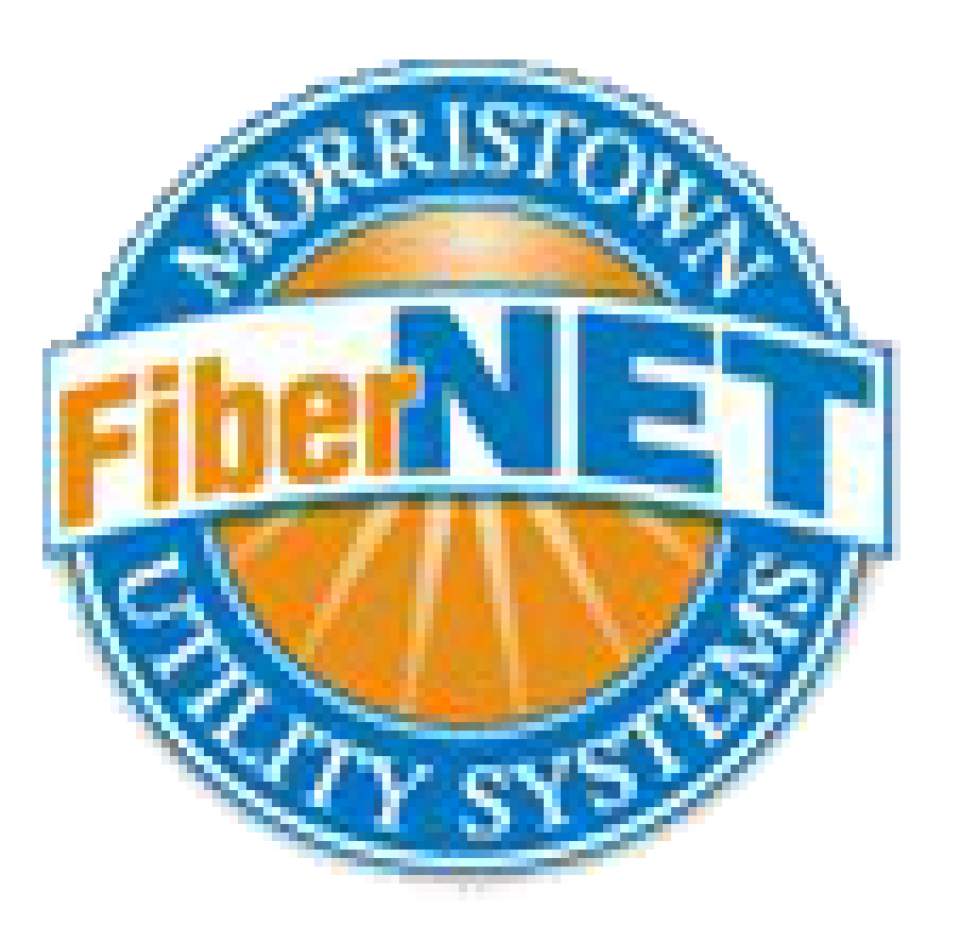
Look no further than Morristown, Tennessee, for an example of job creation thanks to municipal fiber. The city took advantage of its local electrical utility, Morristown Utility Systems, to provide gigabit speeds, and businesses jumped at the opportunity. In 2013, Oddello Industries, a furniture manufacturer, brought 228 jobs to the community after investing in a $4.4 million site expansion in Morristown. More recently, a call center looking to relocate to the city was wowed by the municipal utility’s offer to install fiber for free because the city valued the future economic benefits the call center would bring to Morristown over the cost of the fiber installation.
- Our economic development fact sheet outlines several of the job creation opportunities that have resulted from municipal networks.
- In 2012, Spirit Aerosystems opened up a new manufacturing facility in Chanute, Kansas, creating 150 jobs that require high quality broadband Internet.
- In Lebanon, Virginia, defense contractor Northrup Grumman and IT consultant CGI announced the creation of 700 jobs paying twice the median wage.
- HomeServe, a home repair company, expanded its call center to 140 employees because of Chattanooga, Tennessee’s robust municipal broadband infrastructure; in Chattanooga, HomeServe employees could get faster residential service than executives had in the company's Miami headquarters.
- In 2015, Hardide Coatings, a surface coating manufacturer located in Henry County, Virginia, that relies on the municipal broadband provider MiNet, added 29 high-paying jobs to the local economy.
"You can't grow jobs with slow Internet." - Stephanie Rawlings-Blake, Mayor of Baltimore
- The Dalles, Oregon, received a much-needed economic boost in the form of 200 jobs and millions of dollars in tax revenues when Google invested $1.2 billion in a data center that used the city’s municipal fiber network, Q-Life.
- A new data center in Dawsonville, Georgia, created 12 high-paying jobs and expanded the local tax base thanks to the municipally-owned North Georgia Network.
- Increased competition in Chattanooga, Tennessee, due to the city’s powerful municipal fiber network, induced Comcast to bring 150 new jobs to town.
- Thomasville, Georgia’s municipal fiber network revitalized the community’s downtown and brought more than 200 jobs to Main Street.
- Tacoma, Washington has, for many years, been on the cutting edge of municipal Internet deployment; a 2001 quote from the city's mayor revealed that Tacoma benefited early on from the network - attracting over 100 companies and creating 700 jobs in 18 months.
- The laying of an open-access fiber-optic network, called the Three Ring Binder, in Maine created 400 jobs in the construction industry.
Municipal networks attract new businesses:
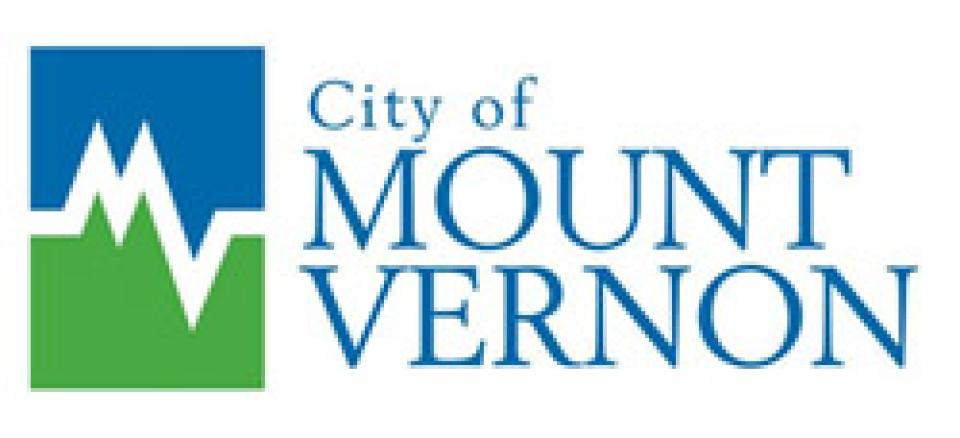
The city of Mount Vernon, Washington has two things in common with our country’s first president, but unlike George, it boasts an impressive municipal broadband network that has attracted high-tech businesses. For example, a digital legal firm, Blank Law, relocated from Seattle to Mount Vernon in order to take advantage of faster speeds offered by the city’s municipal broadband network. While high-speed Internet was not the only reason Blank Law cited for choosing Mount Vernon over other towns (other reasons include quality of life and free parking), it played a significant role. Fiber is rarely the sole reason for a relocation, but it can often be a deciding factor.
- Zeyuan, a Chinese wood floor manufacturer, and GOK International, a Chinese furniture assembly plant, built manufacturing centers in Danville, Virginia, knowing they would benefit from connecting to the city’s municipal broadband network.
- Expedia, the online travel giant, kept many hundreds of jobs in Springfield, Missouri in the form of a call center that relies heavily on the high bandwidth of Springfield’s municipal network.
- EnableComp, a medical claims processing company, expanded with 200 new jobs in Tullahoma, Tennessee, thanks in large part to the municipal fiber network LighTUBe.
"It's almost a feeling of disbelief when we tell companies today we can provide a gig to your business and to your house...These companies want to go where they can see the gig service." - Marshall Ramsey, President of the Morristown, Tennessee Chamber of Commerce
- Pixel Magic, a visual effects producer, and Tapes Again, a media reproduction and processing company, both set up shop in Lafayette, Louisiana to support the state’s burgeoning film industry — and access to the municipally-owned LUS Fiber greatly facilitated these activities.
- An industrial park in Cedar Falls, Iowa went from having 27 businesses and $5 million in taxable valuation to having 160 businesses and $270 million in valuation in the twenty years since it hooked up to the city's municipal fiber network.
- Faneuil, a customer care center, and SPARTA Inc., a defense contractor, were attracted to Martinsville, Virginia in large part because of the city’s municipal network, MiNet.
- A film production company, Exodus FX, opened its new special effects studios in Wilson, North Carolina, citing high-speed municipal broadband as a major reason for locating its services in the small city.
- In the small Minnesota town of Gibbon, the fiber network from the RS Fiber Cooperative convinced the owner of Advocate 3D to take up residence in town where the family could live the small-town life but the business could still obtain the high-speed, reliable connectivity they needed for their 3D printing business.
Municipal networks serve existing businesses and keep critical jobs in town:

The small Minnesota town of Windom nearly entered crisis mode when Fortune Trucking, a local company that employed 47 people in a town of 4,600, announced that slow Internet speeds might force it to leave town. Although the company’s headquarters were located a mile outside of the Windom’s jurisdiction, community members successfully lobbied to bring municipal fiber to Fortune, saving those jobs and stabilizing the local economy.
- MagnaTech, a towing and RV accessory manufacturer, decided to keep its business in Chanute, Kansas when the city installed a fiber network, reports the Chanute Tribune.
- Alpha Natural Resources, a coal mining company, stayed in Bristol, Virginia, thanks to the BVU municipal fiber network
- When the city of Princeton, Illinois set up a municipal broadband network, it kept 300 jobs in the community with the global industrial machinery company, Ingersoll Rand.
- In Longmont, Colorado, a billboard production company, Circle Graphics, used the city’s municipal broadband network, NextLight, to improve its ability to quickly deliver products to customers.
- The city of Aurora, Illinois, is offering local business seminars on how to best use its municipal fiber services.
- IT company Exbabylon LLC expands and recruits talent in Newport, Washington because of Pend Oreille County PUD's fiber network.
- Millennium Capital and Recovery Corporation, a local Hudson, Ohio, business, announced the move to a new state-of-the-art headquarters to take advantage of the municipal fiber network Velocity Broadband.
"Municipal broadband can be a powerful lever against the digital divide that condemns people to the isolation and reduced economic opportunities experienced by many of our low-income, disabled, and people of color community members" - Kshama Sawant, Seattle City Councilmember
- In this Podcast, Chris speaks with Curtis Dean of Iowa Municipal Utilities about the prevalence of municipal networks in that state, focusing in on economic development results starting at 11:10. Dean highlights Hansen’s Clothing, a high-end men’s clothing manufacturer in Spencer, Iowa that expanded its online business exponentially when it connected to the municipal broadband network.

Municipal networks support home-based productivity:
- In 2010, DirecTV announced the creation of a virtual call center, allowing 100 residents in southwestern Virginia to work from home, relying solely upon municipal broadband access.
- 150 home-based English teachers in Powell, Wyoming were connected to students in South Korea by the Korean venture capital firm, Skylake Incuvest; this unorthodox pairing was made possible by Powell's investment in FTTH.
- Policymakers in Ashland, Oregon, hope to use the city’s fiber network, Ashland Fiber Net, to support internet-based home businesses.
- The benefits of working from home are plentiful, but telecommuters need high quality next generation broadband in order to take full advantage of this arrangement.
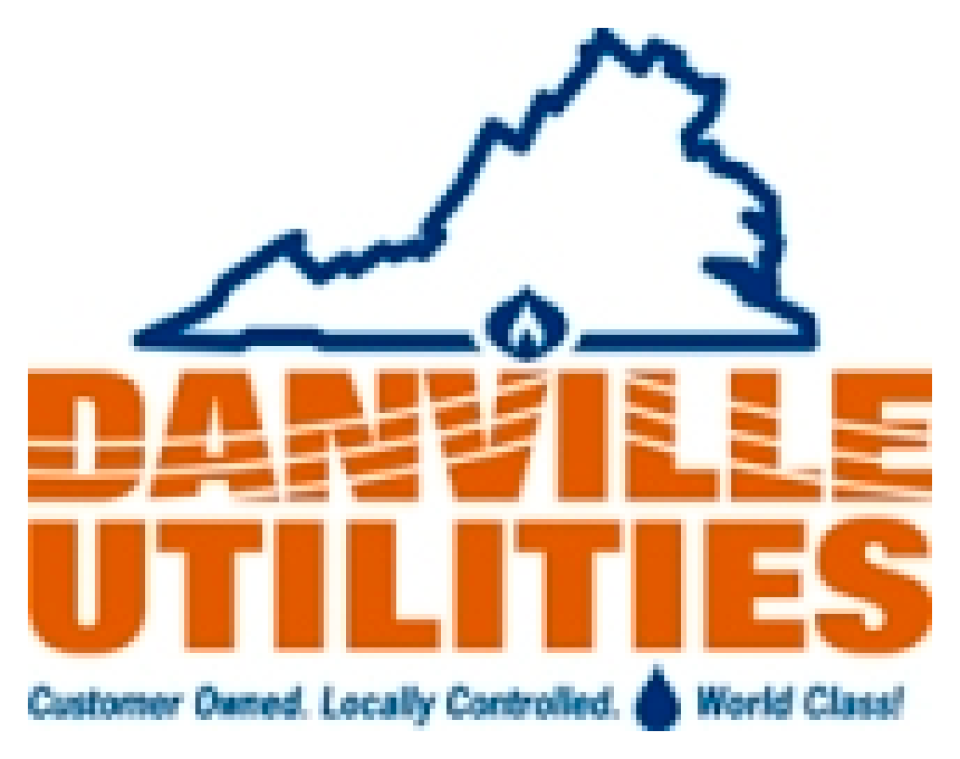
Municipal networks advance healthcare, education, and research:
- Danville, Virginia’s open-access municipal broadband, nDanville, has long served the Danville Regional Medical Center, one of the city’s largest employers.
- Medical companies Ohio Health and Cardinal Health; Battelle Memorial Institute, a non-profit that relies on quantum computing to encrypt information; and numerous educational facilities use Dublin, Ohio’s municipally-owned fiber network, Dublink, for their healthcare, education and research needs.
"We are embarking on new initiatives with our local school district and regional colleges and universities to leverage broadband and to facilitate discussion between schools and the business community to strengthen, retain and attract quality workforce" - Dana McDaniel, Deputy City Manager of Dublin, Ohio
- The Molecular Pathology Laboratory Network (MPLN) located its primary backup facility in Morristown, Tennessee, where it can have access to high-speed municipal broadband.
- Holyoke, a municipality in Western Massachusetts, saw a huge economic development benefit when the Massachusetts Green High Performance Computer Center relocated to the town, which boasts an impressive municipally-owned broadband infrastructure, as well as a commitment to energy efficiency.
- Lakeland, Florida invested in dark fiber community infrastructure, and has since reaped the rewards; the Florida Polytechnic University and Lakeland Regional Health, a medical center, both rely on the network for their operations. (Jump to 16:30 of the Broadband Bits Podcast for more details).
Municipal networks initiate tech booms and incubate start-ups:

- Lafayette, Louisiana has seen multiple tech companies move to the city, creating thousands of jobs and rebranding the city the “Silicon Bayou.”
- Mesa, Arizona, which has long been on the cutting edge in terms of laying city-wide fiber conduit and providing firms next-generation infrastructure, will be the new site of a $2 billion Apple global command center.
- In Indianola, Iowa, the publicly-owned municipal broadband utility partnered with Simpson College and the Indianola Development Association to create a student-business incubator for budding entrepreneurs.
"...in the 21st century, in this age of innovation and technology, so much of the prosperity that we're striving for, so many of the jobs we want to create, depend on our digital economy" - President Barack Obama, Speech at Cedar Falls Utilities
- One Bay Area city, San Leandro, has used a city-owned fiber conduit to rival Silicon Valley tech companies, and now houses the world’s largest cluster of 3-D printing firms, along with the Westlake / OSIsoft Technology Complex, a tech campus.
- The city of Dublin, Ohio, is home to the Dublin Entrepreneurial Center, a combination start-up incubator and data center located in the city’s metro center offices that now lists more than 80 tenants.

Municipal networks save money, which can be reinvested in local economies:
- The municipal government of Mount Vernon, Washington saves $100,000 a year thanks to its open access municipal fiber network.
- Ponca City, Oklahoma, residents have saved nearly $4 million a year in avoided ISP costs since the community switched to a municipal fiber network.
- In the town of Spanish Fork, Utah, a municipal network is responsible for community savings of $2 million annually, as well as local government revenues exceeding $1 million, which can be used for community projects and initiatives.
- Howard County, Maryland, has seen significant public savings (of up to $3 million a year) and impressive technological advances in its school system since switching to municipal broadband services.
Municipal networks increase home values:
- Housing prices increased by 50 percent in one year when Google decided to locate a data center in the city of The Dalles, Oregon, in 2006 on account of its advanced technological infrastructure and high-speed municipal broadband access.
- A study by Broadband Communities revealed that access to FTTH services increased the value of a $300,000 home by an average of $5,000 - $6,000.
- Another study, this by the Fiber-To-The-Home Council Americas in conjunction with researchers from the University of Colorado, showed that single family homes that can boast a FTTH connection are worth, on average, 3.1 percent more than their fiberless counterparts.
 Photo courtesy of Dennis van Zuijlekom through Flickr Creative Commons
Photo courtesy of Dennis van Zuijlekom through Flickr Creative Commons
General resources on economic development and municipal / broadband networks:
-
- We maintain a Google Docs spreadsheet with many of the examples we have seen of economic development resulting from municipal networks.
- This White House report (which, by the way, utilized ILSR data!) finds that the existence of municipal networks and the market competition that these networks stimulate has tremendous economic benefits for local businesses and communities. The 37-page report highlights the successes of Chattanooga, Tennessee; Wilson, North Carolina; Lafayette, Louisiana; Scott County, Minnesota; Leverett, Massachusetts; and the Choctaw Nation Tribal Area in Oklahoma.
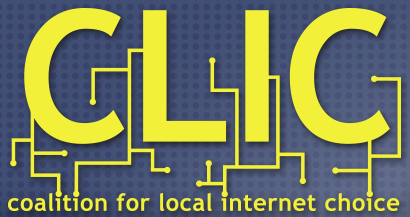
- The New York Times highlights municipal fiber in a recent article: “For the Tech Savvy With a Need for Speed, a Limited Choice of Towns With Fiber.”
- A report by the Government Accountability Office (GAO), “Federal Broadband Deployment Programs and Small Business,” argues that municipal broadband access positively affects small businesses by allowing them to streamline operations and improve efficiency.
- Why do many municipal broadband networks end up being built in conservative districts, crossing political lines? Jim Baller, Joanne Hovis, and Ashley Stelfox of the Coalition for Local Internet Choice, in conjunction with Broadband Communities’ Masha Zaegar, argue that job creation and economic development is the “killer app” for local fiber networks.
- Robert Pepper, Vice President of Global Technology Policy at the multinational tech company, Cisco, published an op-ed in The Huffington Post, which highlights the need for universal broadband adoption. Read: The Key to Social and Economic Development? Broadband Adoption.
"The message to policymakers is clear: If you want to increase economic growth, focus on broadband." - Robert Pepper, Vice President of Global Technology Policy at Cisco
-
- Corporate site selectors have been placing more and more emphasis on broadband Internet access as they look for locations in which their companies can thrive. For more on this, read: “The Importance of Broadband to Economic Development.”
- Does Broadband Boost Local Economic Development? ask researchers at the Public Policy Institute of California. They find that broadband access has a statistically significant economic benefit in the fields of business management, utilities, and technology.
- The law firm of Baller Herbst Stokes & Lide, PC has fought on the side of local governments across the country as they seek to bring municipal networks to their communities; the group's website dedicates a page to economic development resources that offers several useful studies and reports.
- A Novermber 2016 report from the consulting firm Analysis Group and funded by Fiber-to-the-Home council shows how competition drives lower prices and better download speeds for everyone. Specifically, the report focused on markets with Gigabit service.
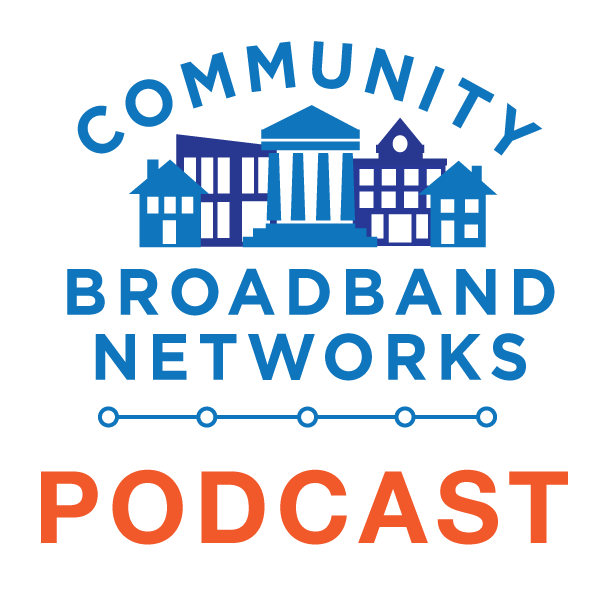
- Chris interviews Michael Curri, President of Strategic Networks Group, an organization that provides technical advice regarding broadband Internet to both firms and municipalities; Curri indicates a multiplier effect of ten times - meaning a return of $10 for every dollar invested where economies effectively utilize broadband.
- Many communities, like Bozeman, Montana, view municipal broadband as a potential economic growth model that will allow them to catch up to other cities that have embraced high-speed Internet access; in this Community Bits Podcast, Chris speaks with Brit Fontenot, Economic Development Director for the city of Bozeman; David Fine, Bozeman Economic Development Specialist; and the President of Hoplite Industries, Anthony Cochenour.
- Dewayne Hendricks, a self-identified “serial entrepreneur,” explains the need for strong wired and wireless Internet connections in entrepreneurship.
Video and audio resources on economic development and municipal networks:
-
- Renowned journalist Ezra Klein interviews Harvard Law professor and Internet expert, Susan Crawford, about municipal networks on VOX.
- President Obama announces his plan to expand broadband access in the United States in January 2015.
- In Tennessee, seven municipal networks - including the ones in Chattanooga, Morristown, and Tullahoma - have spurred job growth, and positioned the state for the future, reports WBIR.
- NBC Montana covers the City of Bozeman’s plan to spur economic growth through its municipal network.
- Thomasville, Georgia’s downtown revival can be attributed, at least in part, to the city’s municipal network, MSNBC reports.
- The creation of municipal networks in Chattanooga and Morristown, Tennessee, have led to more competitive markets for Internet service in their regions, lowering prices, increasing speeds, and driving economic development.
"Having the infrastructure in place around technology, as well as the asset of this really historic and charming downtown, is a really interesting intersection and I think a lot of people are drawn to that." - Kimberly Van Dyk, Director of Planning and Community Revitalization of Wilson, North Carolina
- North Carolina Public Radio reports on Wilson, North Carolina’s Greenlight municipal network.
- A Knoxville news station, WBIR, covers Chattanooga's municipal network, focusing on the economic opportunities it has created - opportunities that Knoxville has missed out on because of its lack of high-quality service.

